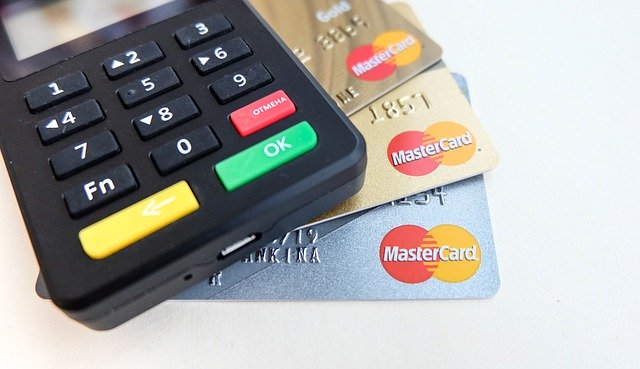Welcome, new students. Banks and other financial services providers will soon start trying to sell you their tailored products. Some are better value than others and you should always compare before taking out an account. One of the most common is the credit card. Be warned, because it’s easy to rack up a lot of debt quickly with a credit card. Follow these top tips to manage yours.

If You Can, Always Clear the Balance
Credit cards are great for day to day expenses when you don’t have the cash in the account, or you’re waiting for your grant/loan. The problem is, you will rack up interest if you don’t pay it off. A typical APR on a student credit card is about 19% That makes around 1.58% per month. For every month where the balance is £100, you will pay £1.58 in interest. It might not sound a lot, but left unchecked you could be paying hundreds per year as the balance increases.
Pay Above the Minimum if You Can’t Clear
The minimum payment is low, typically around 4-6% of actual balance. On £100, that’s just £4 although some might stipulate a minimum percentage or £5, whichever is higher. It’s tempting to pay only this minimum, but you will soon see the balance and the interest skyrocket. Interest accrues on unpaid balances so if you have the money to pay more than the expected minimum, you should do so.
Use a Cashback Card
Cashback cards are exactly what they sound like: they give you cash back for every purchase you make. Typically, you are refunded this cash once per year (usually in the summer). Look at the small print because there may be specialist services that pay higher rates. Combine the cash back card with ensuring you pay back the balance every month and the provider will effectively pay you to have the card.

Don’t Have Too Many Cards
Just because you can have multiple credit cards, doesn’t mean you should. Just because you can’t decide between two or more different credit cards, doesn’t mean you should get them all. The less disparate your debt, the easier it will be to manage it. Avoid store cards, no matter how attractive the offer. You will find a much higher interest rate on these cards that tend to work out much worse in the long run than your student credit cards.
A Note About Your Credit Score
Having student debt will not affect your credit score. Credit card debt, missed payments, and not clearing the balance each month will impact your score. When you leave university, you may need to rely on credit until you find work. The more groundwork you put in to maintain a good credit rating now, the easier it will be to borrow later.